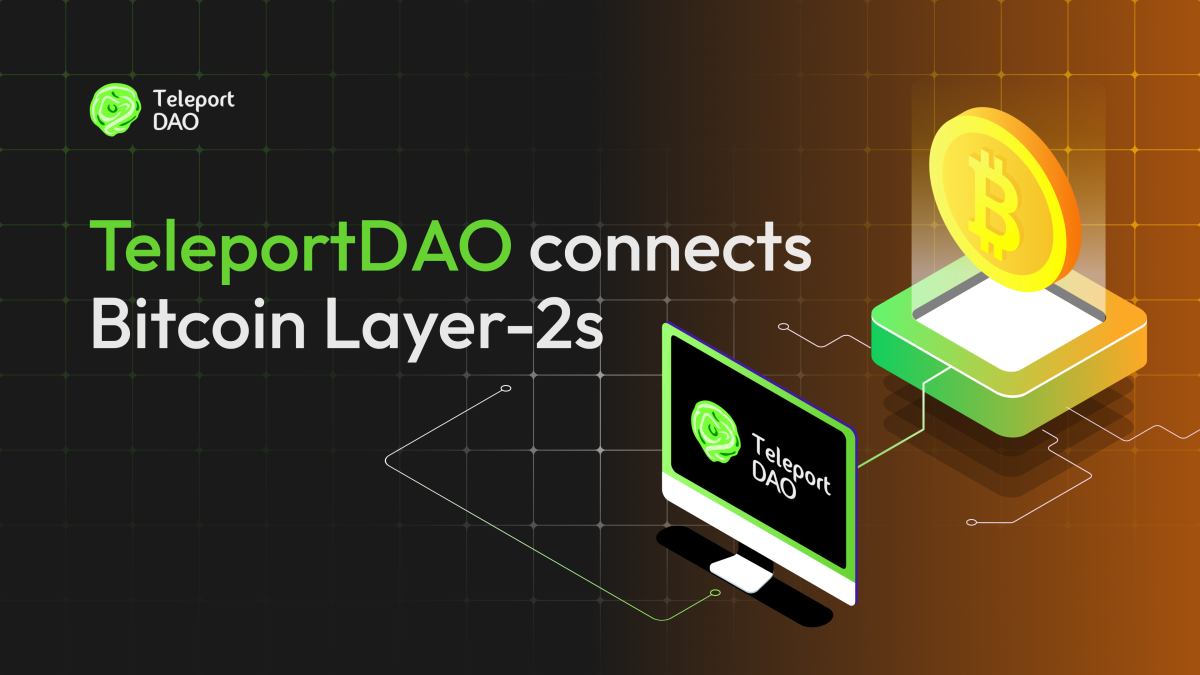IMF, Bank of France officials believe more CBCDs will emerge in next three to five years


The Governor of the Bank of France François Villeroy de Galhau said that the world might see a strong central bank digital currency emerge in the next three years.
Galhau was asked during a panel at the World Economic Forum in Davos on Monday whether in five years' time there would be "a central bank digital coin" being used on the daily basis (whether wholesale or retail) that would become "a superior system."
"We have several experiments which are not very far from that. They are not yet generalized but they could be, let’s say in the next three years," he replied, not specifying what those were. "It will go quicker on the wholesale side I guess because it raises less sensitive questions."
The managing director of the International Monetary Fund (IMF) Kristalina Georgieva chimed in, stating that in the next five years CBCDs "would be quite present in the world."
The panel did acknowledge existing projects like the Bahamas Sand Dollar, Nigeria's eNaira and China's digital Yuan. Other guests included the governor of the Bank of Thailand Sethaput Suthiwartnarueput and Credit Suisse chairman Axel Lehmann.
During the discussion, Georgieva seemed to address the recent collapse of the Terra network, saying: "When somebody promises you 20% returns on something that is not backed by any assets, how would we call normally call this thing? We would call it a pyramid."
She also argued that people should not be quick to classify everything in the "digital money" world in a negative way.
Speaking on stablecoins, she said: "Some of them deserve the name because they're backed by assets. And when they're backed by assets one two one they're really stable. (...) I do feel for the people who lost money because part of the reason they lost money is not really being well educated on this new investment world."
The IMF managing director urged people to not miss out on the importance of the wider digital asset space, arguing that if properly regulated it could offer faster service, much lower cost and more inclusion.
"But only if we separate apples from oranges and bananas," she added.



